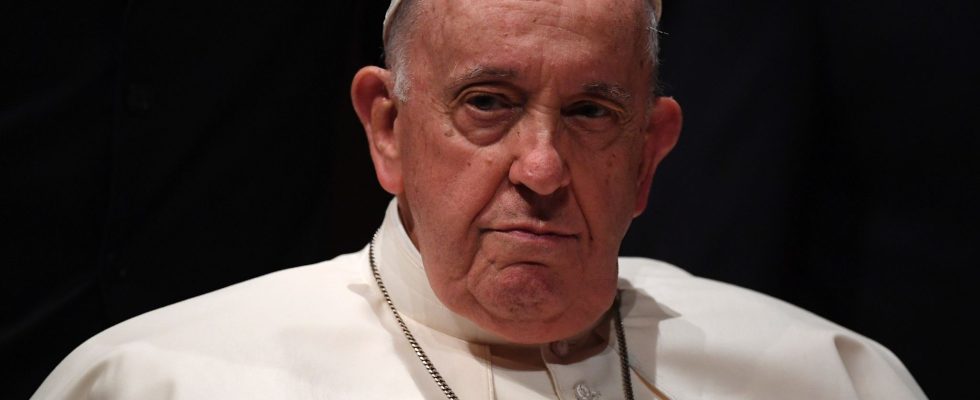During the last visit of a pope to Marseille, France had on its soil a number of Catholics almost equal to its number of inhabitants. The philosophers of the Enlightenment had not completed their work, and the State was still one with the Church. It was 1533. Clement VII reigned over the Vatican. And already, the reformist wave initiated by Martin Luther and John Calvin in the first half of the 16th century plunged Catholicism into a period of turbulence.
But four centuries later, as the Most Holy Father Francis prepares to land at Marseille airport this Friday, September 22, the number of French Catholics has never been lower. And although Catholicism remains the leading religion in France, the share of the faithful continues to shrink. While in 1965, 85% of French people declared themselves to be Catholic, there were only 29% in 2020. “There is a collapse underway,” observes sociologist of religion Danièle Hervieu-Léger in a recent work.
Towards secularization and diversification of beliefs
Faced with this observation, several possible explanations emerge. First of all, the proportion of non-believers has been constantly increasing since the beginning of the 1980s. While only a quarter of French people declared themselves to have no religion in 1981, they now represent more than half of the population. In 2021, the number of non-believers has exceeded that of the faithful, who represent respectively 51% and 49% of the French population. A first in the history of the country, which became secular in 1905.
Furthermore, the appearance of new religions in France, concomitant with the arrival of believers from non-European immigration, has inevitably led to a reduction in the share of Catholics in the population. Islam, which represented only 0.4% of believers in 1981, is now the second largest religion in France. In 2020, one in ten French people declare themselves to be Muslim. And if Catholicism has continued to decline since the end of the 1970s, Islam has recorded very clear progress.
A decline in religious practice
Especially since French Muslims are also on average two to three times more practicing than Catholics. A survey carried out in October 2022 by Ifop reveals in particular that 10% of baptized people find mass “boring”. Not surprising, when only 8% of Catholics attend regularly. Just under a quarter of Muslims go to the mosque regularly.
Note, however, that, not being part of the five pillars of Islam, places of worship occupy a different role for Muslims. “Private practices, at home or in daily life, are much more frequent,” argues, in an INSEE study dated March, Vincent Tiberjuniversity professor and researcher at the Emile Durkheim Center and research delegate at Sciences Po Bordeaux.
Revelations of sexual abuse, lasting aftereffects
But for Danièle Hervieu-Léger, the loss of speed of the Catholic Church is essentially due to its “internal” functioning. In his work Towards implosion? (Ed. Le Seuil), co-written with sociologist Jean-Louis Schlege, the specialist paints the portrait of an institution “increasingly incapable” of responding to changes in society and developments in its morals. “I would say that the Church is sick of the Roman system, this total clerical system put in place at the Council of Trent to defend itself from the threat of schism and which it reinforced in the 19th century to counter the advance of political modernity “This concrete system was intended to be a defense and a remedy against external threats. It has become, today, its own poison”, she summarizes to our colleagues from the Catholic online media “Cath”.
An avenue which could also explain the hemorrhage which has affected Europe for around ten years. Between 2018 and 2019, the Old Continent lost 292,000 of its faithful. Today, Catholics represent only 38% of the European population compared to 76% in 2010. A decline accelerated by the numerous scandals of sexual assault and rape, which spare no country. In France, the Sauvé report submitted at the end of 2021, lifted the veil on 70 years of sexual abuse committed in the Church. Enough to take away the faith of many believers. “It’s a phenomenon that exists. […] I was approached by people saying that they no longer had confidence in the institution”, confided Mgr Pascal Wintzer, bishop of Poitiers (Vienna) to our colleagues from Parisian last May. Although it is still difficult to quantify the exact number of faithful who have deserted following revelations of sexual abuse in the Church, Catholicism nevertheless risks lasting lasting consequences.
